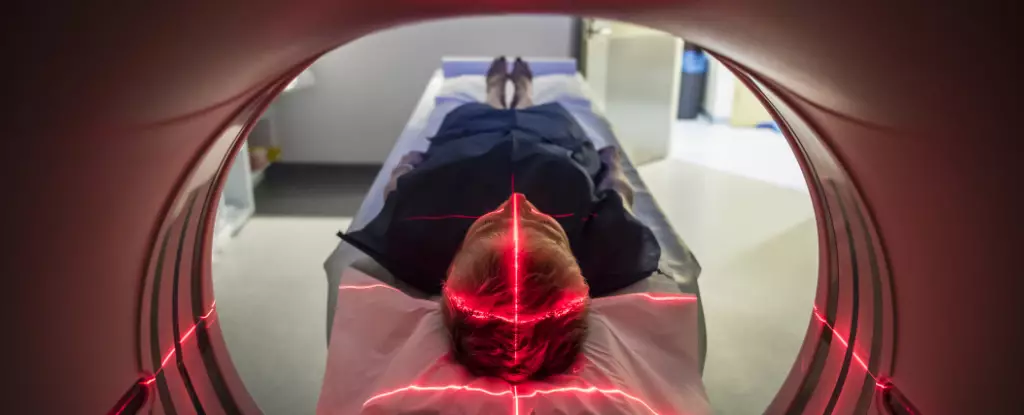The once common practice of injecting children with growth hormone derived from deceased individuals has long been abandoned, and for good reason. From 1959 to 1985, approximately 200 children received these injections to treat short stature. However, many of these individuals developed Creutzfeldt-Jakob disease, a degenerative brain condition caused by misfolded prion proteins, decades later. This revelation raises concerns about the potential link between growth hormone injections and the development of Alzheimer’s disease.
Alzheimer’s disease is typically not transmitted from person to person, as it requires direct contact with brain fluid. However, a recent study suggests that person-to-person transmission of Alzheimer’s disease might be possible through growth hormone injections. While such transmissions would be extremely rare, it highlights the importance of decontaminating instruments used in neurosurgery to prevent the transfer of Alzheimer’s proteins between patients.
Standard sanitization techniques such as boiling, drying, or soaking in formaldehyde are unable to remove prions. Neurologist John Collinge and his team from the University College London Institute of Prion Diseases have suspected for some time that growth hormone injections derived from cadavers may have transmitted dementia. They have been monitoring individuals referred to the National Prion Clinic in the United Kingdom, specifically those who received these injections but did not die from Creutzfeldt-Jakob disease.
The study reports that out of the eight individuals given these now-banned injections as children, five developed symptoms consistent with Alzheimer’s disease in their 30s, 40s, and 50s. The remaining three participants exhibited varying degrees of cognitive impairment. While the retrospective nature of the study meant that each participant underwent different tests, there was evidence of Alzheimer’s biomarkers and brain atrophy, suggesting the presence of the disease.
The researchers ruled out other factors such as childhood intellectual disability, cranial radiotherapy, underlying medical conditions, or growth hormone deficiency as potential explanations for the early-onset dementia observed in these individuals. This suggests a potential link between growth hormone injections and the development of Alzheimer’s disease.
This body of research challenges the current understanding of Alzheimer’s disease. It proposes that Alzheimer’s disease shares similarities with prion diseases, such as bovine spongiform encephalopathy (Mad Cow Disease) and kuru. These diseases are caused by the consumption or exposure to misfolded prion proteins.
If Alzheimer’s disease indeed operates on a prion-like mechanism, it means that degenerate proteins could trigger a chain reaction throughout the brain, leading to the development of the disease. This groundbreaking theory could have significant implications for future therapeutic strategies.
The potential link between growth hormone injections derived from cadavers and the development of Alzheimer’s disease is a matter of concern. While these person-to-person transmissions are rare, it highlights the importance of stringent decontamination protocols in neurosurgery. Further research is needed to fully understand the mechanisms underlying Alzheimer’s disease and to develop effective strategies for prevention and treatment. This pioneering theory challenges the existing paradigm and broadens our understanding of this devastating neurological condition.


Leave a Reply